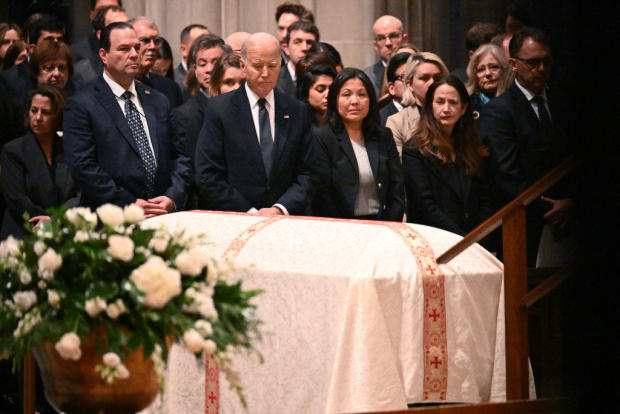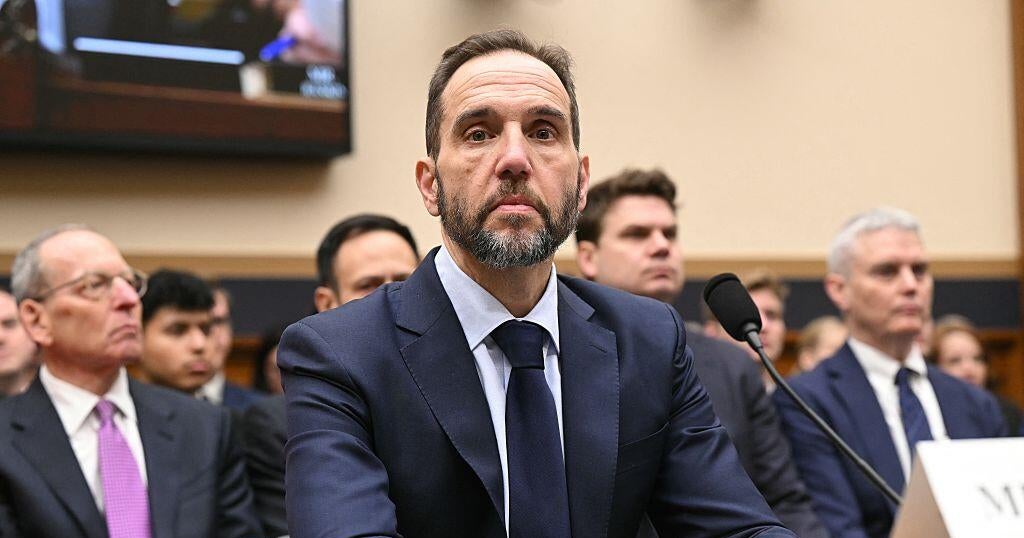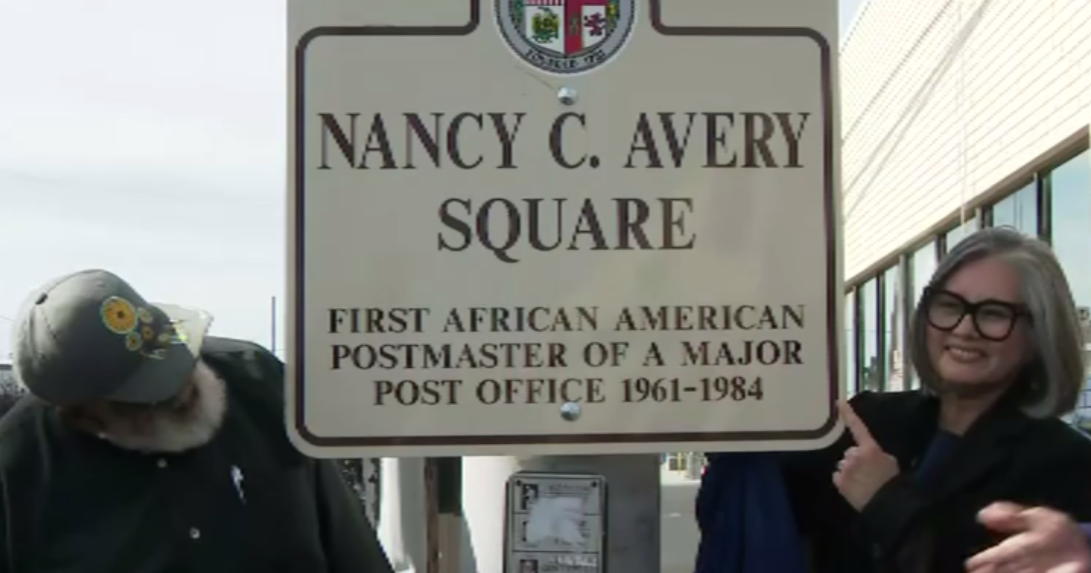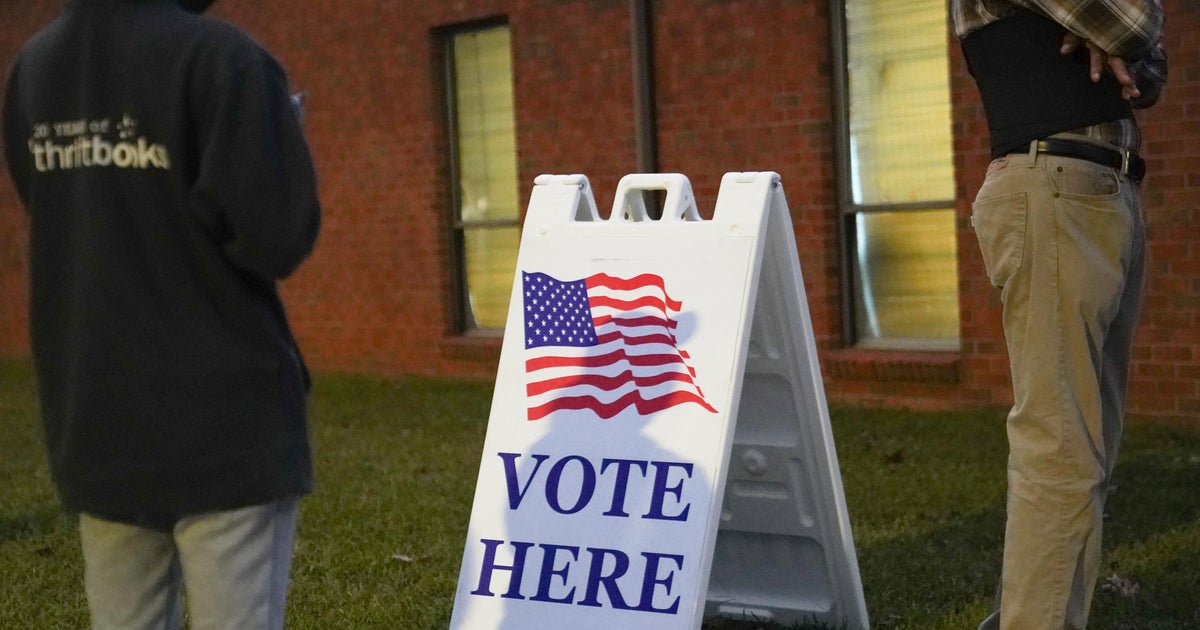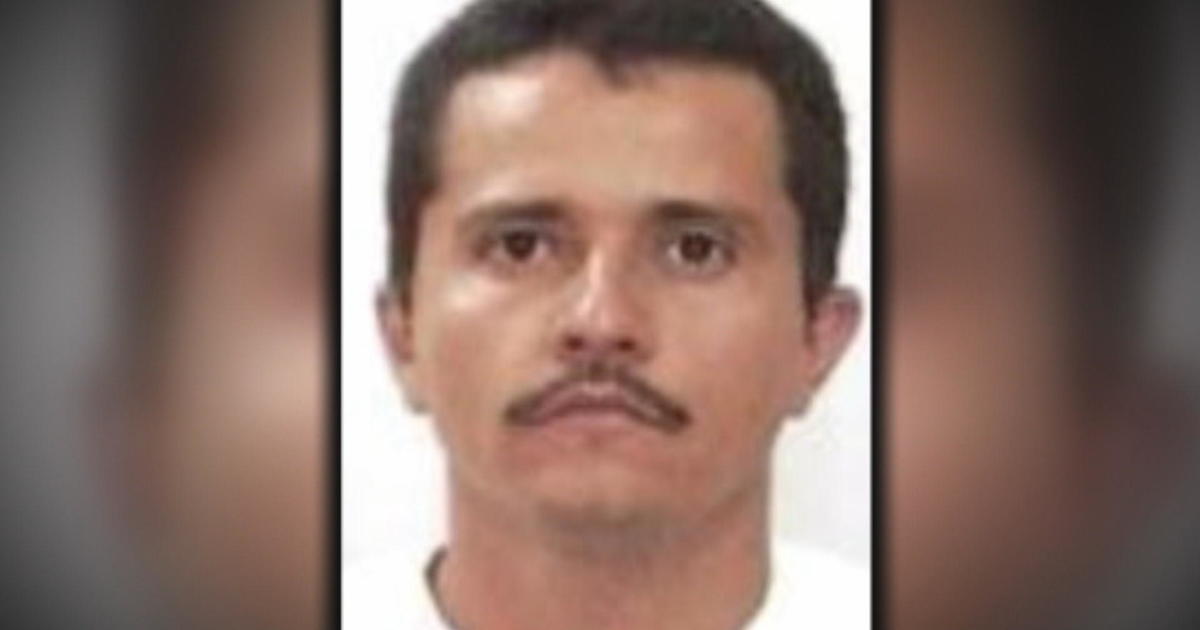Justice Sandra Day O'Connor honored as an "American pioneer" at funeral
Washington — Justice Sandra Day O'Connor, the first woman to serve on the Supreme Court, was honored at her funeral on Tuesday as a trailblazing jurist who served as a role model for millions by breaking down gender barriers for women across the legal profession.
O'Connor died in Phoenix on Dec. 1 at the age of 93. Until her retirement in 2006, O'Connor was the Supreme Court's ideological center for more than two decades, providing the decisive vote in dozens of cases that influenced a wide swath of American life over her tenure.
All nine sitting justices and retired Justice Anthony Kennedy were on hand for Tuesday's ceremony at the National Cathedral in Washington. President Biden and Chief Justice John Roberts were among those who eulogized the late justice.
"One need not agree with all her decisions in order to recognize that her principles were deeply held and of the highest order, and that her desire for civility was genuine and her trust in the capacity of human institutions to make life better is what this world was abiding," the president said in his remarks. "And how she embodied such attributes under such pressure and scrutiny helped empower generations of women in every part of American life."
Mr. Biden, who spent more than 30 years in the Senate before becoming vice president, recalled taking up O'Connor's nomination to the Supreme Court while he was the top Democrat on the Senate Judiciary Committee.
"It was a person for all seasons who we saw in that hearing, and the Americans and the world would see through her extraordinary service as a justice and, as I might add, as a citizen," the president said, adding that O'Connor broke down "the barriers in the legal and political world, and the nation's consciousness."
"May God bless Sandra Day O'Connor, an American pioneer," he concluded.
Roberts, who served briefly on the court with O'Connor following his appointment in 2005, said the barriers broken down by O'Connor are "almost unthinkable today."
"That distance is a measure of time, but it's also a measure of Justice O'Connor's life and work. In nearly a quarter century on the court, she was a strong, influential, and iconic jurist," Roberts said. "Her leadership shaped the legal profession, making it obvious that judges are both women and men. The time when women were not on the bench seemed so far away because Justice O'Connor was so good when she was on the bench."
The chief justice acknowledged the obstacles O'Connor faced, from struggling to land a job after law school to demonstrating "excellence" as a Supreme Court justice while setting a model as the first woman on the high court, battling cancer and raising a family.
"All this and more, she had to do, and she got it done," he said.
Roberts was originally selected to replace O'Connor on the bench, but eventually succeeded Chief Justice William Rehnquist following his death in 2005.
The first woman on the Supreme Court
Nominated to the Supreme Court by President Ronald Reagan and confirmed by the Senate unanimously, O'Connor was the first woman justice in the court's 191-year history. More than four decades after her historic confirmation, four women now sit on the Supreme Court.
She spent much of her 24-year tenure on the court at its center and was a crucial swing vote in divisive cases, notably on abortion. In 1991, O'Connor, with Kennedy and Justice David Souter, authored the majority opinion in a case that reaffirmed the right to abortion established in Roe v. Wade. In 2003, she wrote the majority opinion in a case allowing the narrowly tailored use of race in university admissions decisions.
More than 15 years after O'Connor left the Supreme Court, the court's conservative justices, who now hold a 6-3 majority, would go on to overturn Roe and end race-conscious admissions programs. The majority opinion unwinding the constitutional right to abortion was authored by Justice Samuel Alito, who replaced O'Connor on the high court.
Born in 1930, O'Connor grew up on her family's cattle ranch in southeastern Arizona, called the "Lazy B." She graduated third in her class at Stanford Law, two places behind her future Supreme Court colleague, Chief Justice William Rehnquist.
O'Connor met her husband, John Jay O'Connor, while in law school. He died in 2009 of complications from Alzheimer's disease.
Before joining the Supreme Court, O'Connor served in the Arizona State Senate and, upon becoming the chamber's majority leader, was the first woman to serve in the role for any state senate. She began her career in the judiciary in 1974 when she was elected to the Maricopa County Superior Court and then was a judge on the Arizona Court of Appeals.
O'Connor retired from the Supreme Court in 2006 at the age of 75 to take care of her husband following his Alzheimer's diagnosis. But after leaving the bench, she became an advocate for civics education and founded the group iCivics in 2009.
President Barack Obama awarded O'Connor with the Presidential Medal of Freedom, the nation's highest civilian honor, in 2009. She died of complications related to advanced dementia and a respiratory illness.
